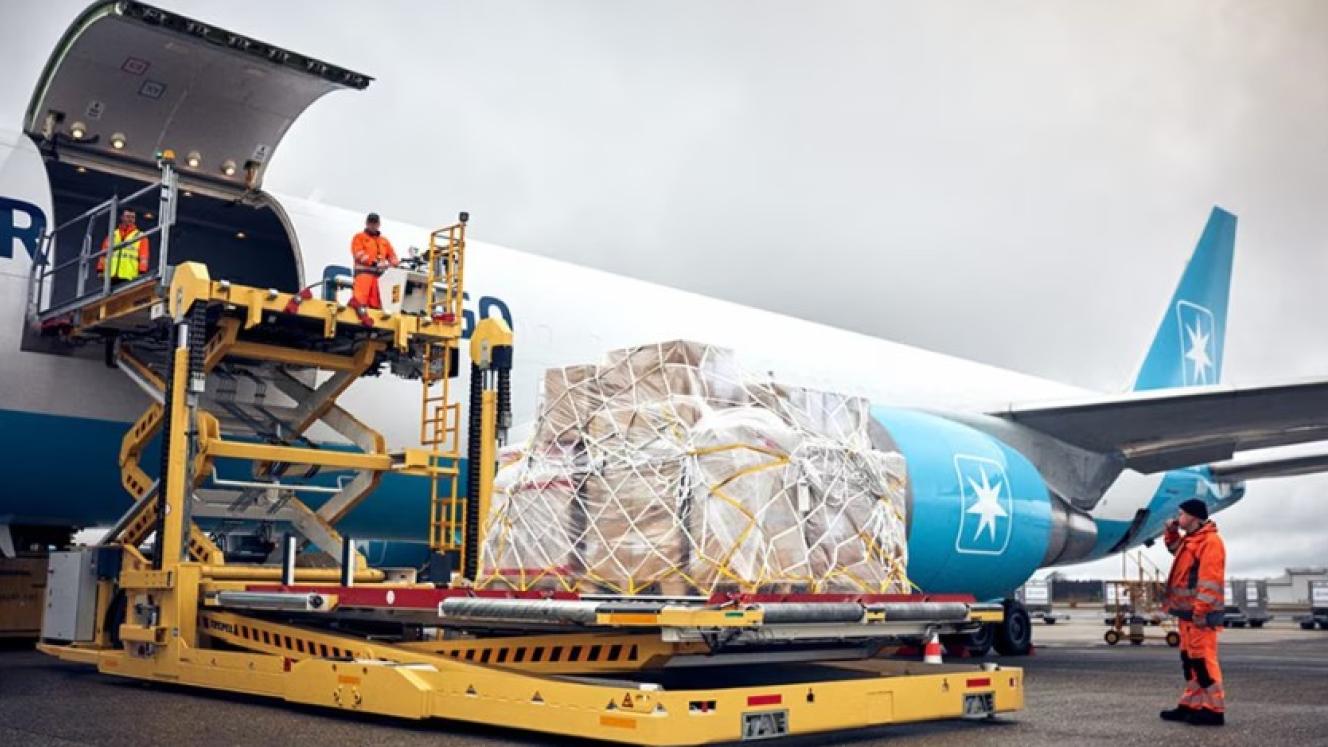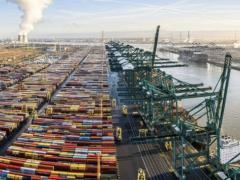South Africa’s logistics sector remains disproportionately skewed in favour of men, an inaugural skills summit for the clearing and forwarding industry was told at Emperor’s Palace in Kempton Park.
Citing the latest employment data from the sector, Kgatile Nkala of the Transport Education Training Authority, said the sector’s gender employment breakdown showed that less than 20% of its employees were female.
In comparison, “males are sitting at 83.3%”, the authority’s executive manager for Corporate Affairs said.
As for the employment of disabled people, it was even worse, numbering 1.4% of the industry’s total amount of employees.
“There is still a lot that we need to do as a sector to make sure that we bring change and include others who are supposed be included in the sector,” Nkala said.
Adding to the transformation lag in logistics is the patent lack of involvement by younger, skilled employees at higher levels of decision making.
For the most part, employment data shows that young professionals don’t rise to the top.
Skilled people that do progress up the ranks of logistics mostly get stuck in clerical positions, numbering about 15% of the industry’s employed personnel.
The lion’s share of previously disadvantaged, female and disabled people, was employed in plant operations, said Nkala.
“It is something that we need to work on in this sector.”
She emphasised that at Teta, the focus was on enabling a qualitative shift towards strengthening the sector through future-focused skills development.
Nkala added that this would require bursaries to fund the necessary tertiary education that aligned with global standards, and which took into consideration the impact of artificial intelligence and green economy dynamics.
“The evolution of the industry has required strategic collaborations by all partners, by Teta and with others in the industry, to facilitate the required skills and associated qualifications to ensure the industry meets international standards and becomes globally competitive.”
She stressed that, along with the importance of transforming the local logistics sector, it was crucial that operators adapted and kept pace with the immediate future requirement of a changing transport environment.
Considering that South Africa’s clearing and forwarding sector is projected to grow by 6.24% over the next five years, Nkala said it was important that educational spend until 2030 reflected the need for skills transformation.













